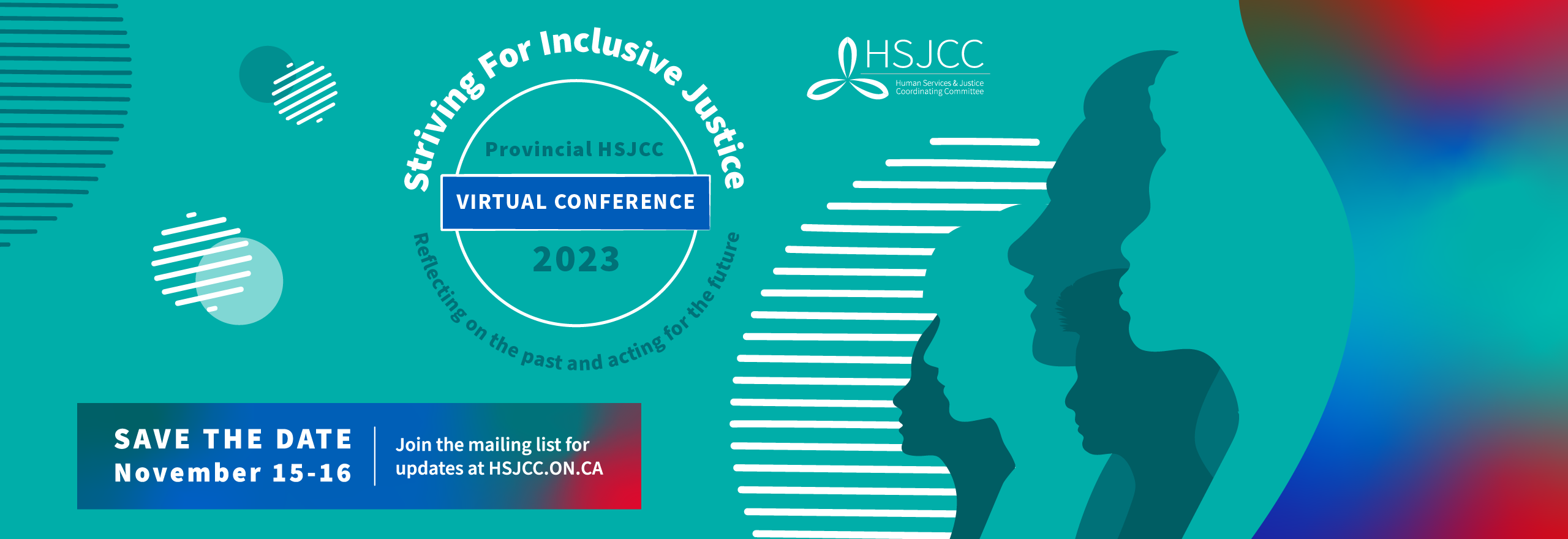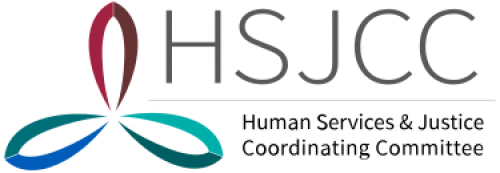- Provincial Committee
Provincial HSJCC
- Regional & Local Committees
Regional and Local HSJCCs
Champlain
Durham
Haliburton-Kawartha Lakes-Pine Ridge
Halton
Hamilton-Niagara-Brant-Haldimand-Norfolk
North East
Northwest
Peel
Simcoe-Muskoka
South East
South West
Toronto
Waterloo-Wellington
York-South Simcoe
- Our Work
- Biennial Conference
- Resources

- This event has passed.
Indigenous Perspectives on the Mental Health of Children and Youth
March 6 @ 12:30 pm – March 7 @ 3:30 pm
In this training, participants will explore the current impacts of colonization specifically on Indigenous children and youth and how helpers with differing worldviews can come together to consider values, ethics and spiritual beliefs that shape their practice. Participants will identify and explore practices that focus on identity development, strength and culture-based initiatives and active and intentional self-reflection in their roles as helpers.
The training will focus on taking actions in line with the Truth and Reconciliation Commission’s recommendations (2015) which highlight relationships and building trust between Indigenous and non-Indigenous service providers to foster understanding of the impacts of colonization on children, youth and families, their ways of coping and their numerous strengths. Finally, it will offer insight into how Indigenous values, ways of seeing the world and helping practices may be of value to all children and youth.
Topics Discussed
- How do Indigenous worldviews describe positive mental health and conceptualize mental health challenges?
- What are the underlying causes of mental health challenges for Indigenous children and youth and what does healing look like?
- What are the tensions when differing perspectives look at defining positive mental health, as well as challenges to one’s mental health?
- Under which conditions can Western treatment and Indigenous approaches work well together to support children and youth?
Learning Outcomes
- Demonstrate an understanding of colonization and its current impacts on Indigenous Peoples and communities with an emphasis on children and youth.
- Understand the role of the child welfare and educational systems on the mental health of Indigenous children and youth and strategies for positive change.
- Examine holistic, community-based approaches to working with Indigenous children and youth in relationship to their communities.
- Explore ways that Indigenous and Western approaches can be integrated successfully in this helping work.
- Consider how Indigenous knowledges can inform the healing processes of non-Indigenous children and youth.
$150 – $185


